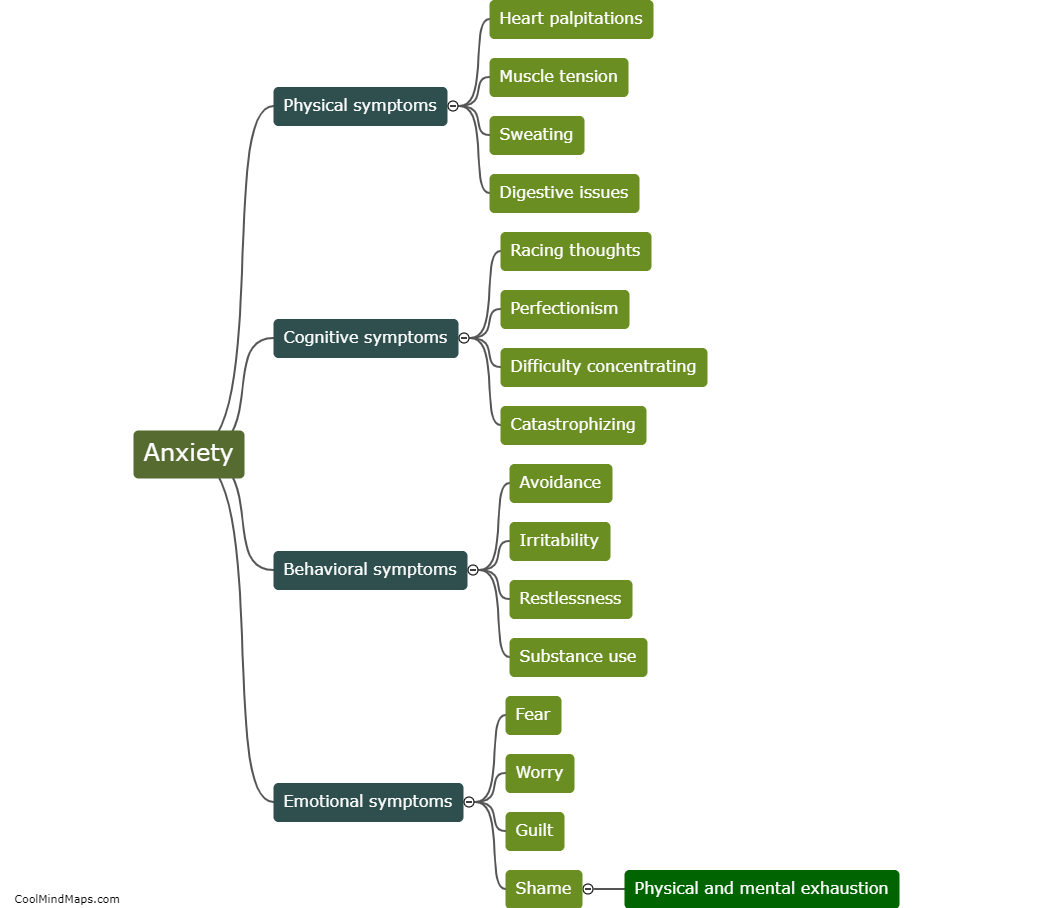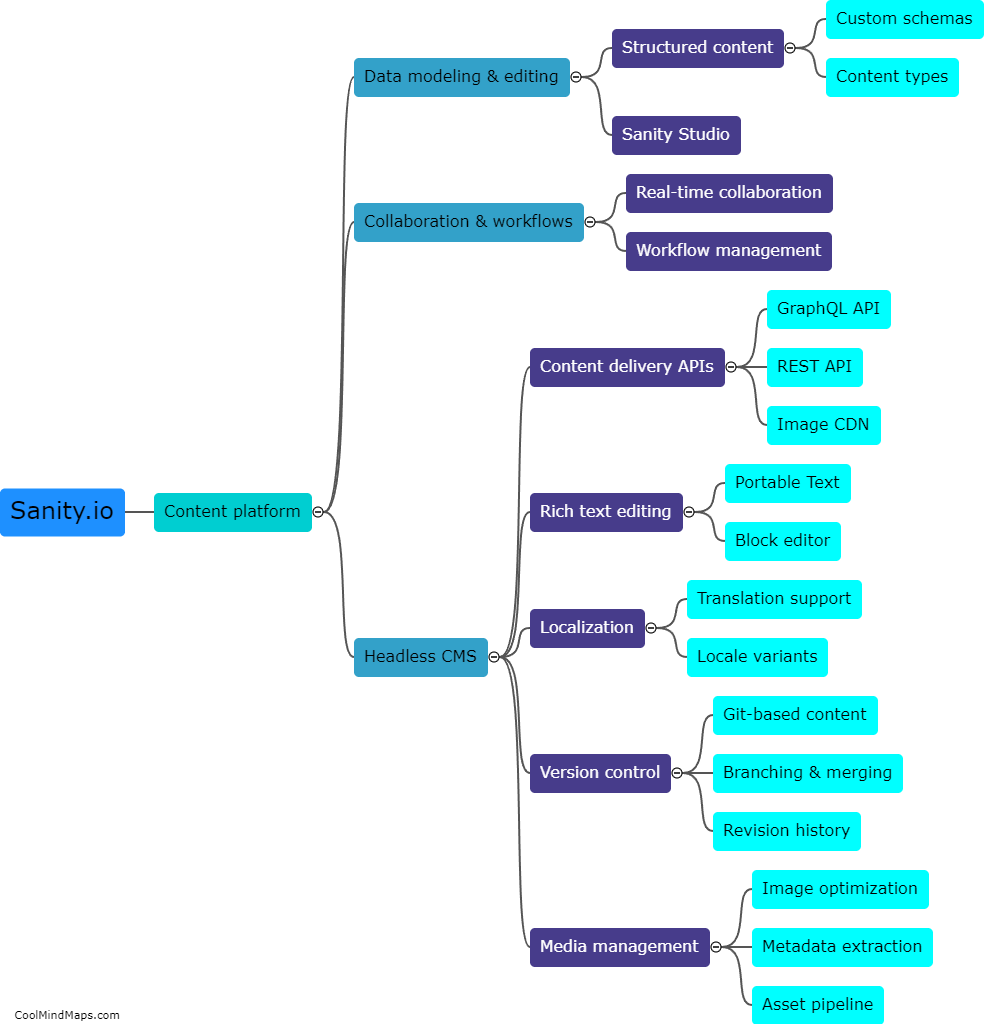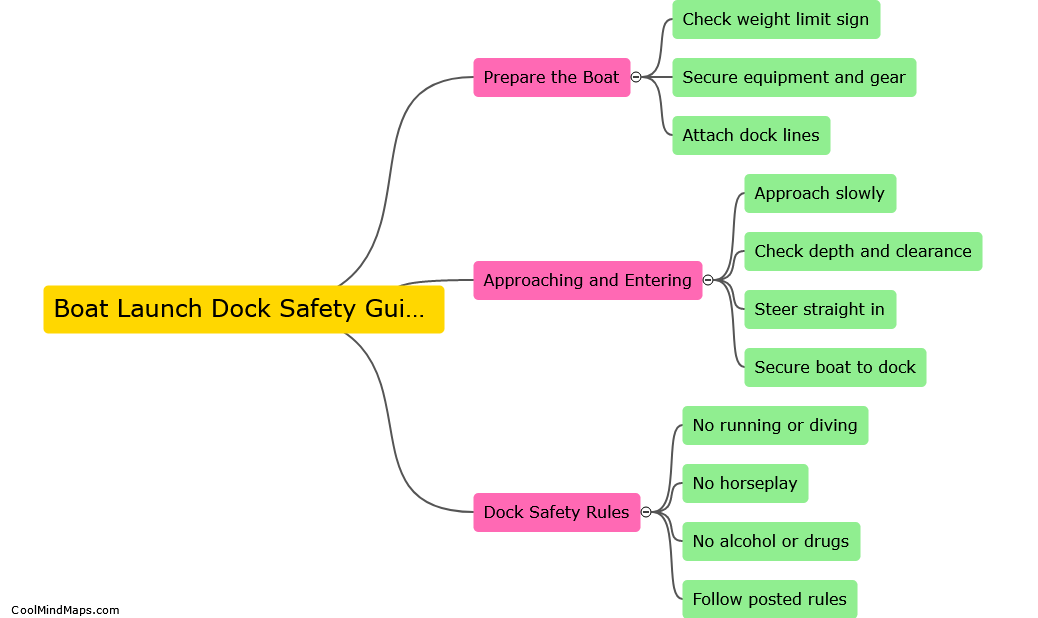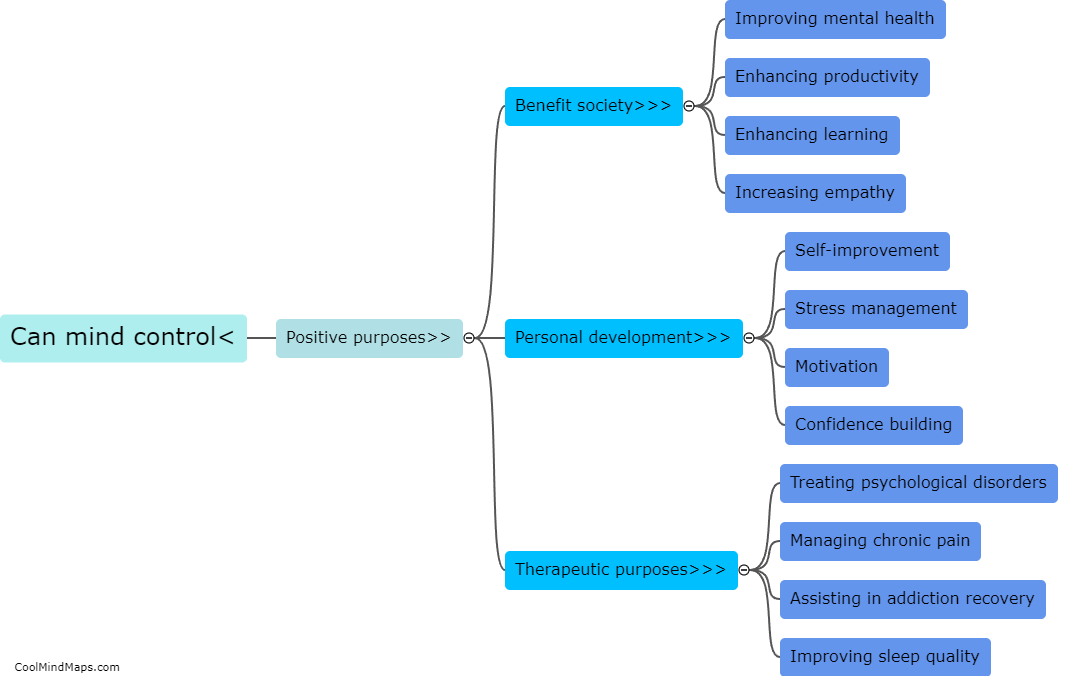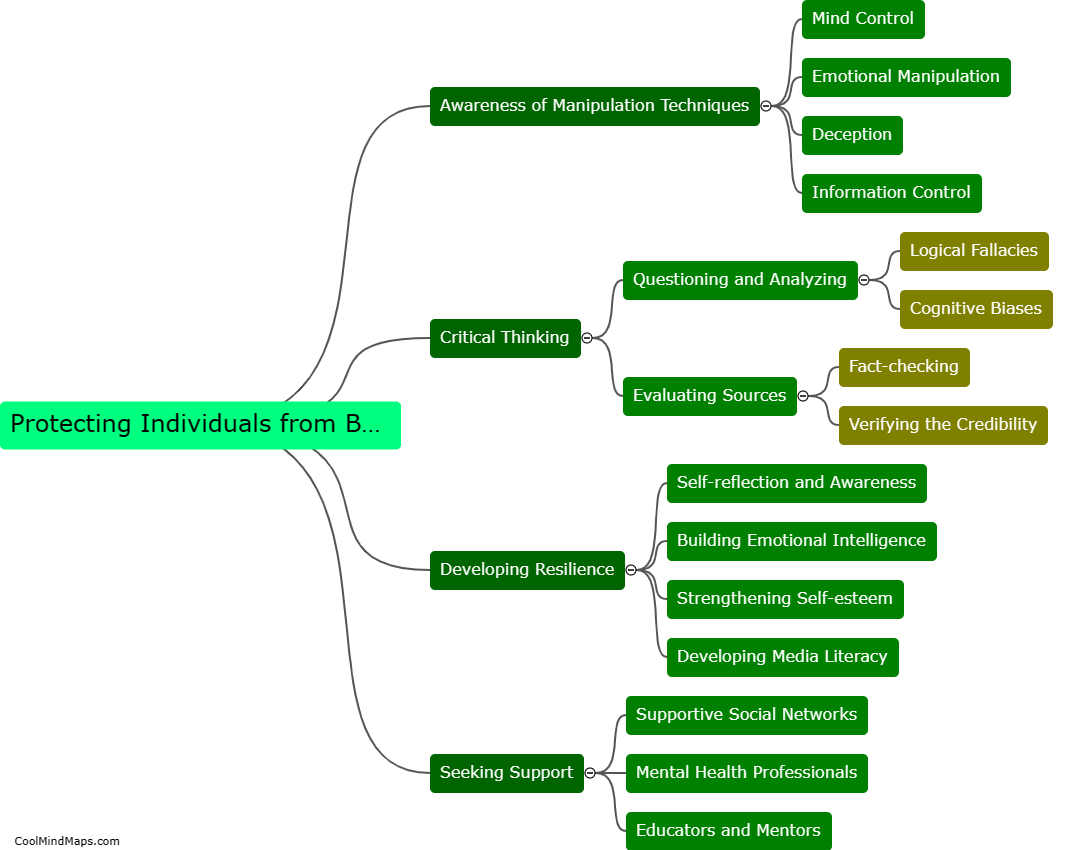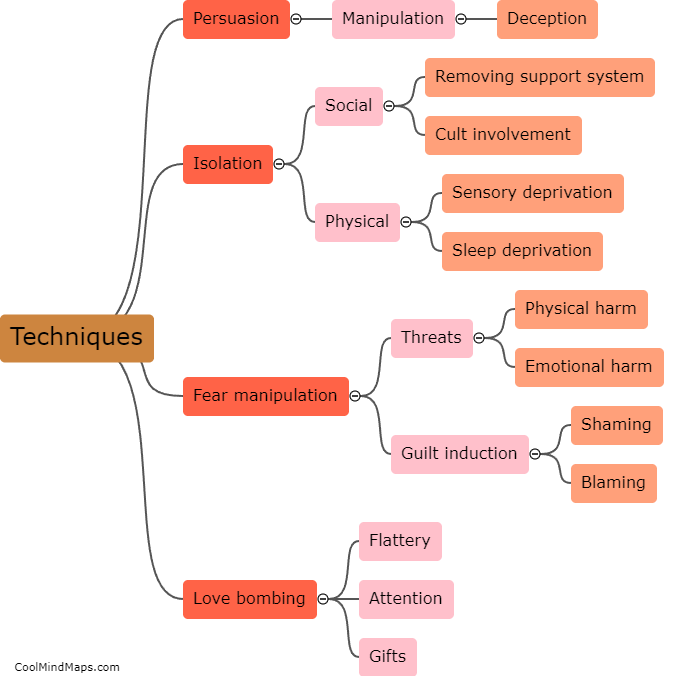What are the ethical implications of brainwashing?
The ethical implications of brainwashing are complex and highly controversial. Brainwashing, also known as perception management or thought reform, involves the manipulation of an individual's thoughts, beliefs, and behaviors through coercive techniques. While some argue that brainwashing may be necessary in certain situations for the greater good, such as rehabilitation or national security interests, it raises significant concerns about the violation of individual autonomy, free will, and dignity. It can be seen as a form of psychological abuse that undermines a person's ability to think critically, make independent decisions, and exercise their rights. Additionally, the potential long-term psychological damage inflicted on individuals who have been subjected to brainwashing raises concerns about their ability to reintegrate into society. As such, brainwashing is generally seen as a severe violation of human rights and is widely condemned.
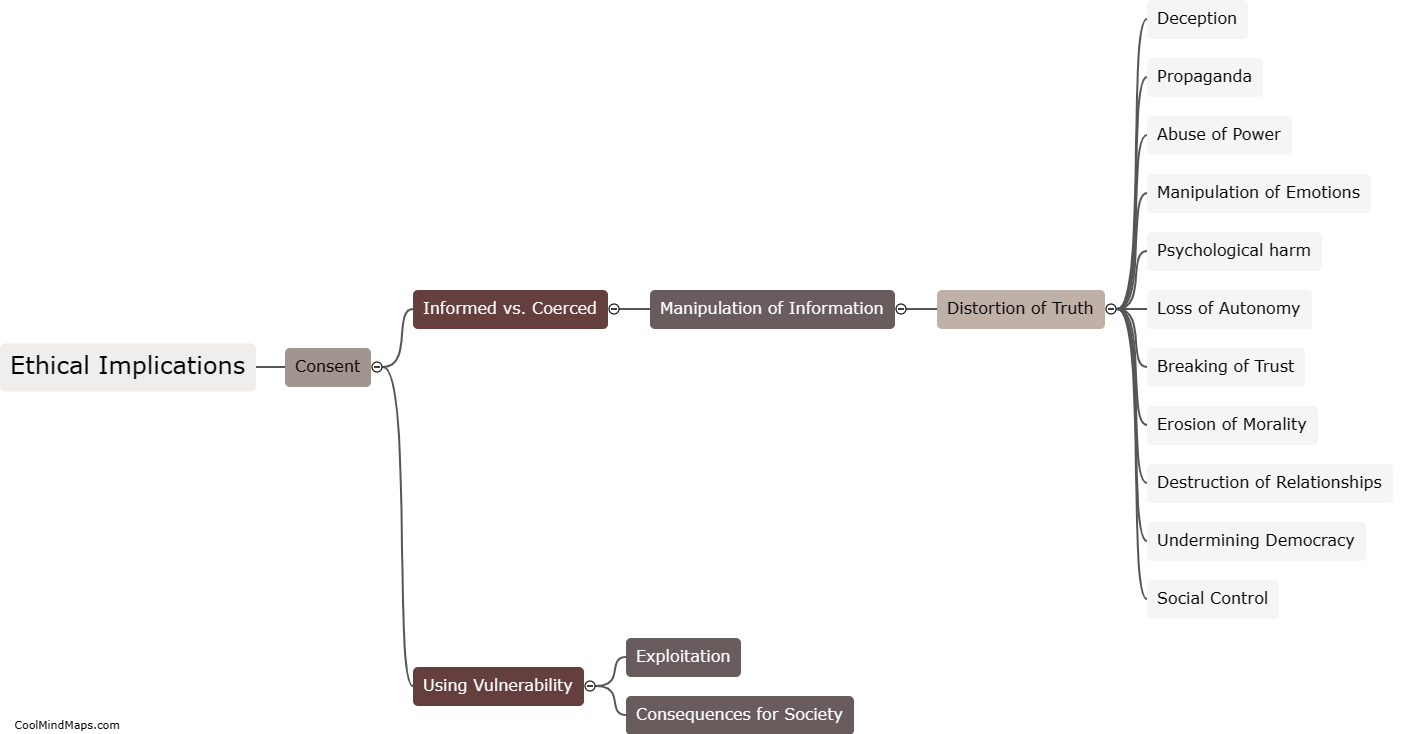
This mind map was published on 4 December 2023 and has been viewed 100 times.

